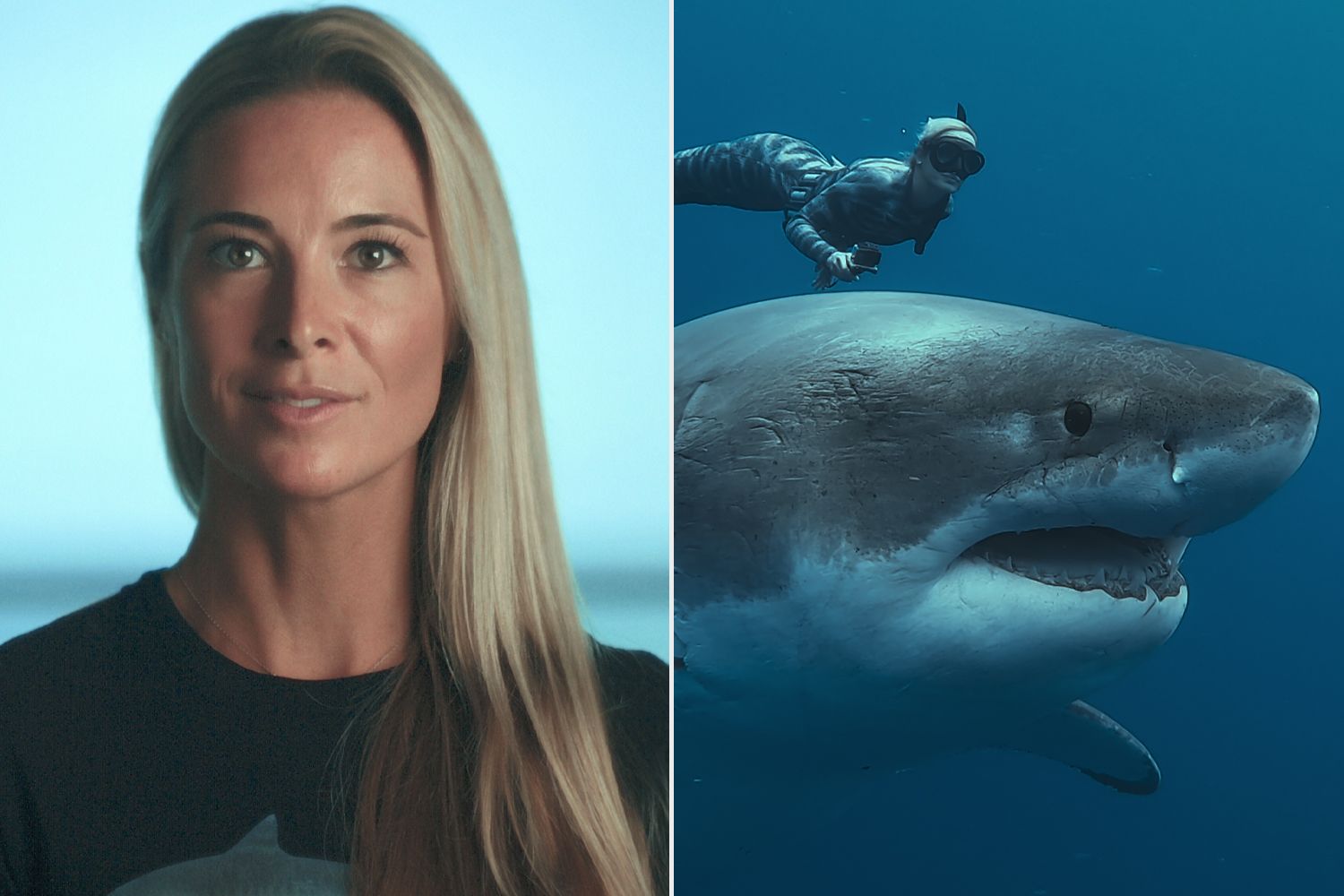
Introduction
The term shark whisperer has gained popularity in recent years, particularly within marine biology and conservation circles. This unique title refers to individuals who possess an extraordinary ability to interact with sharks, often leading to advancements in understanding their behaviour and fostering better conservation practices. As sharks face increasing threats in the wild, the work of shark whisperers has become even more vital, offering significant insights into these often-misunderstood creatures.
The Role of a Shark Whisperer
Shark whisperers are typically seasoned divers, marine biologists, or conservationists who have dedicated their lives to studying and understanding sharks. Through years of observation and interaction, they have learned to communicate with these powerful predators using body language and behaviour cues. This ability allows them to approach sharks in a non-threatening manner, fostering trust and enabling closer observation.
Recent studies have shown that employing a gentle approach can significantly reduce sharks’ stress levels, leading to more reliable data on their behaviour in natural settings. For instance, Dr. Craig O’Connell, a well-known marine researcher and shark whisperer, has pioneered techniques to safely interact with sharks, using food and play to encourage desirable behaviours.
Recent Events and Contributions
In September 2023, the Shark Trust, a UK-based marine conservation charity, hosted a workshop featuring renowned shark whisperers from around the globe. The event brought together scientists, marine enthusiasts, and the general public to learn about shark conservation methods and the importance of these apex predators in marine ecosystems. Participants had the opportunity to hear firsthand accounts from shark whisperers about their experiences and the invaluable data gathered through such interactions.
Moreover, the growing popularity of documentaries featuring shark whisperers has helped shift public perception, casting sharks in a more favourable light. Shows that highlight the calming techniques and respectful interactions have encouraged more people to support marine conservation initiatives.
Conclusion
The role of the shark whisperer is not only essential for advancing scientific knowledge but also serves as a powerful tool for advocacy in shark conservation. As the threat to shark populations continues to rise due to overfishing and habitat loss, the work of these dedicated individuals becomes increasingly important. By promoting understanding and respect for sharks, shark whisperers play a critical role in ensuring a future where these magnificent creatures thrive in our oceans.
Through ongoing research and community outreach, the shark whisperers are fostering a new generation of marine stewards. Their contributions will hopefully lead to a greater appreciation for sharks, cementing their place in marine ecosystems and ensuring their survival for years to come.
You may also like

The Vital Importance of Ground in Various Sectors

Understanding the Significance of Energy in Our Lives

Understanding Forest Green: Its Significance and Impact
SEARCH
LAST NEWS
- Remembering Wendy Richard: The Promise to Co-Star Natalie Cassidy
- How Did Anglian Water Achieve an ‘Essentials’ Rating for Mental Health Accessibility?
- Shai Hope Leads West Indies in T20 World Cup Clash Against South Africa
- What We Know About Weston McKennie: Future at Juventus and Past at Leeds
- What We Know About the Upcoming Live Nation Antitrust Trial